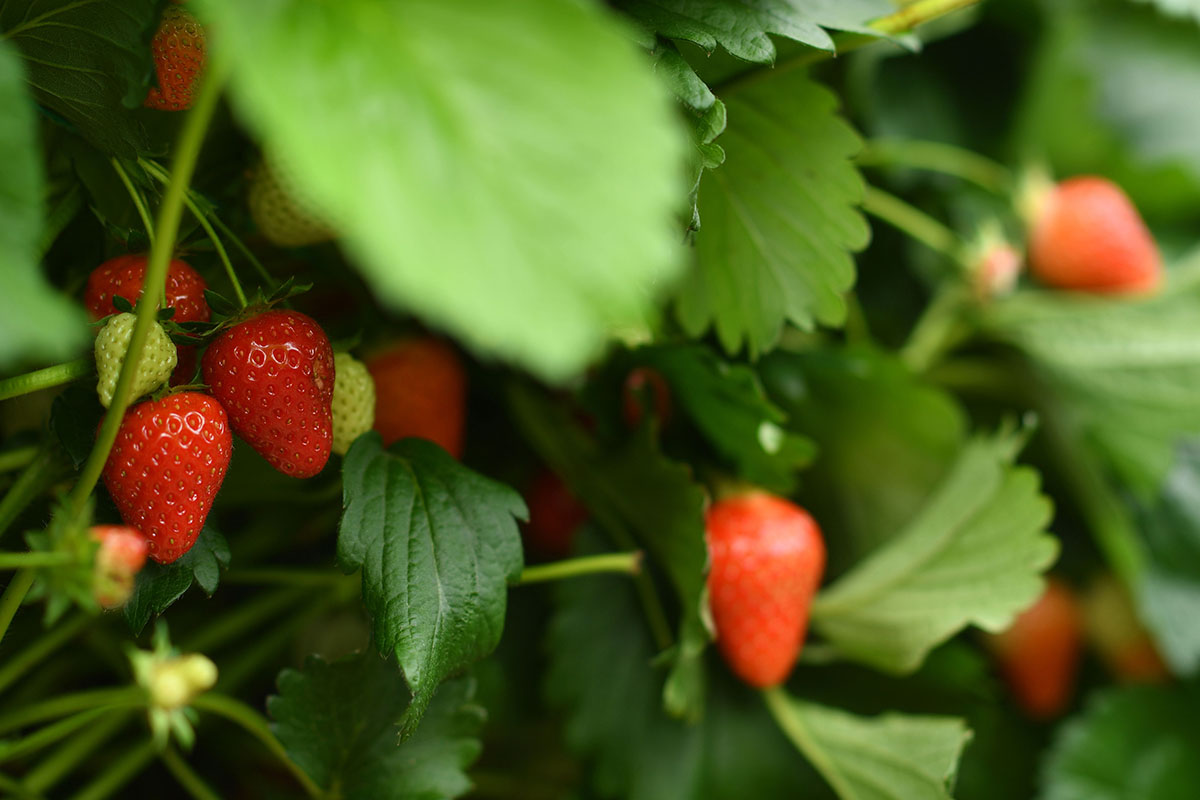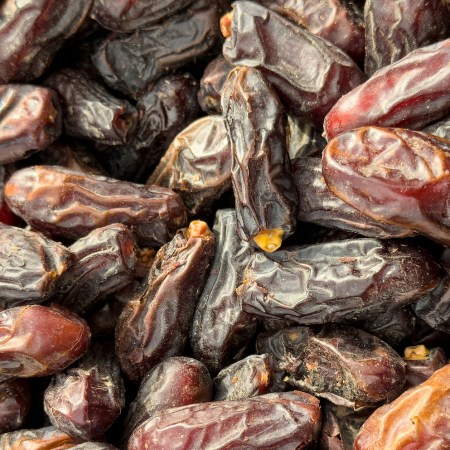Historically, men’s magazines haven’t given cognitive health the attention that it deserves. “DEFEAT DEMENTIA IN 60 YEARS” doesn’t have quite the same ring as “BUILD ABS IN SIX WEEKS.”
But the rate of Alzheimer’s is rising rapidly in America, and the disease could impact 13 million people by 2050. Instead of focusing solely on this summer’s ideal beach body, it’s important to consider the influence that decisions made today will have on your body and brain several decades from now. Fortunately — where nutrition is concerned — there’s a real opportunity to have your cake and eat it, too.
Only instead of cake, you should be eating foods like salmon, nuts, legumes, whole grains, soybeans, blueberries, strawberries, green tea and leafy greens.
What’s the link between heart-healthy foods and longterm cognitive capacity? People who suffer from heart disease, high blood pressure, obesity and diabetes (that’s most of the country; heart disease killed more people last year than anything else) are also the most likely to suffer from age-related medical conditions. So even if you’re spared the consequences of clogged arteries, there’s a heightened chance you’ll live out your final days with compromised neural pathways typified by disorientation, irritability, poor motor function and extreme memory loss. That’s a pretty steep price to pay for skipping almonds.
You could go all-in on an eating plan like the MIND diet, which combines two well-respected regimens — the Mediterranean diet and the DASH diet, which was specifically designed to lower hypertension — and promotes healthy aging and cognitive function. It’s got a compelling pitch (“a dietary pattern for neurodegenerative delay”) and proposes a pretty reasonable weekly slate:
- Every day: whole grains, veggies
- Most days: nuts, leafy green veggies
- Every other day: beans
- Twice a week: poultry, berries
- Once a week: fish
If the idea of completely overhauling your consumption in deference to a new diet sounds overwhelming, though — which it almost always is, and often leads to self-defeatist binge-eating — try to coax these foods into your diet bit by bit, and notice how they might start to replace some of the processed options, which we know for a fact aren’t helping you live any longer.
It’s somewhat frustrating that popular media chooses to refer to some of these ingredients as “superfoods,” as if a blueberry is some sort of cosmic gobstopper for better health. In reality, these are just real foods, of the sort that are still consumed daily in the planet’s Blue Zones — places with the highest concentration of centenarians.
In the end, eating naturally is an extremely efficient way forward. It means a healthier heart, a better (and literally bigger brain) and yes, a trimmer body in the coming months.
The Charge will help you move better, think clearer and stay in the game longer. Subscribe to our wellness newsletter today.



















